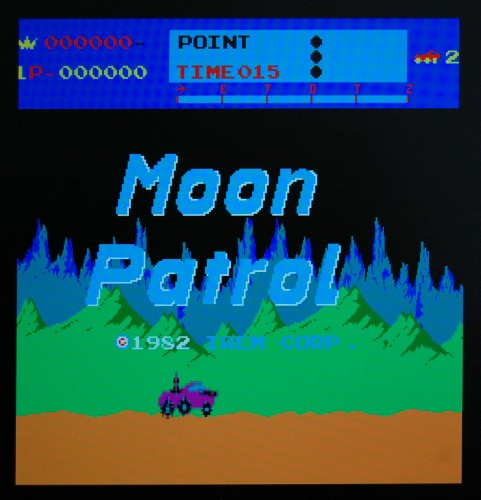I received an email a few days ago asking whether I still support the FreeWheel utility. This is something I wrote back in the mists of time to provide mouse wheel support for the Amiga. It wasn’t a mouse driver as such, instead it set up an input handler that watched for “Newmouse” events, and attempted to translate them into keypresses or slider nudges, or whatever was appropriate for the window currently under the cursor.
The other nice thing FreeWheel could do was to adjust the mouse speed in very fine increments. Instead of merely multiplying mouse movements by an integer constant, it multiplied by a fractional amount, and maintained a remainder, so if you wanted your mouse to be 23% faster, FreeWheel could oblige.
The requested change was simply to provide a 68000-compatible build, since the build on Aminet was for 68020+ only, and as it happens this was a really easy request to fulfil, so… some 14 years after the first release on Aminet, a new build is now available!
http://aminet.net/util/mouse/FreeWheel.lha

